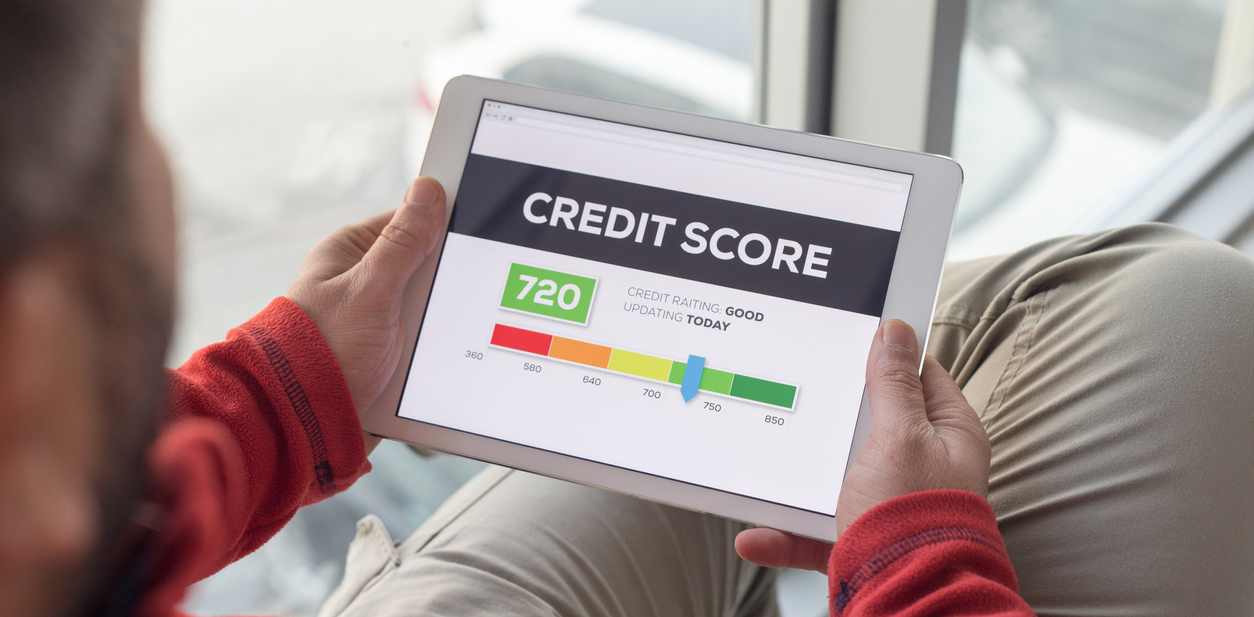Buying a new car is a big investment, so watch out for common auto dealer tricks.
Whether you’re buying a used car with cash or financing a new one, car dealers are always looking for ways to maximize the value they get from your purchase. That means they want to find ways to increase your sale price or finance with one of their partners.
Before you start shopping for a new car, review this list of the 25 auto deal tricks you need to watch out for when you’re talking to salespeople.
Get the Best Financing Offers by Avoiding These 25 Auto Dealer Tricks
All salespeople want to close the deal, but car dealers are notorious for their aggressive sales tactics. From big-brand dealerships to local mom-and-pop dealers, salespeople and auto marketers use an array of deceptive tricks to lure car buying customers into a higher purchase price.
Learn how to get the best auto loan rates by avoiding these car dealer tricks designed to increase the price of the car you’re buying.
1. Rushed signing process
This is how salespeople avoid answering tough questions. Press them on information about your loan costs and additional terms. If they can’t give you a solid answer, ask for someone who can.
2. Bait and switch offer
This can include something as simple as offering a “$0 down payment” in the showroom for a specific vehicle. When you get a loan offer, it’s for a completely different vehicle with higher interest rates than what you saw online.
3. Add-on car accessories
Certain accessories, like all-weather floorboards and roof racks, have additional costs that need to be clear on your sales quote. You might be able to purchase these at a lower cost after you buy the car.
4. Extended loan terms
Lenders that offer longer loan terms might be taking advantage of a vicious cycle. This cycle usually ends in being upside down on your car loan. Be wary of lenders who push you into six- and seven-year loans you don’t want or need.
5. Undisclosed optional services
Dealerships might add services to your loan that they don’t tell you about during the sales process. They hope you’ll miss them in the documents. Expensive extended warranties are examples of these add-ons.
6. Certified used vehicles
You should be careful with all “certified used” options unless you are familiar with how a company certifies a car’s vehicle history report, like a Carfax report. Irresponsible dealers use the word “certified” as a marketing term to inspire confidence.
7. Higher interest rate
Some dealers or lenders will advertise a low interest rate. In reality, most of their car buyers qualify for much higher APRs. You should read the fine print when you see offers that seem too good to be true.
8. No credit needed loans
These loans might be advertised as requiring no credit check or no credit score. However, they generally have other fees and additional stipulations. This can increase the cost of your monthly payments and the total loan.
9. Misleading car information
A reputable car salesman should be clear about any vehicle specifications. Occasionally, they might mislead you to close a deal. That can be as simple as telling you the car can do something it doesn’t do, like go off-road.
10. Different monthly payment
Another advertising tactic is to market a monthly payment amount to potential customers. After you apply, they offer something with a higher payment or interest rate hoping you’ll take the more expensive option.
11. Deceptive loan statements
Unscrupulous people will make misleading statements about how a loan works or how much it costs to secure financing, i.e. “scams.” You might hear statements that focus only on the monthly payment rather than your total loan cost.
12. Restrictive bonus offers
One marketing tactic is to include cash “bonus offers,” but these offers usually come with credit and purchase restrictions. You might have to purchase certain cars or qualify for specific financing offers.
13. Payoff or trade-in value claims
A serious issue is lenders and dealers who make claims about paying off your loan balance. They might also claim a higher trade-in value before seeing the car or knowing your loan balance.
14. Model/feature upgrades
Some salespeople will sell you on one model of a car in the showroom. Later, they follow up with the “best price” for a model with fewer features and accessories. Alternatively, if they know you have money to spend, they upsell you on features you don’t need.
15. Unnecessary payments
You might have the cash to purchase a new vehicle, but certain dealers will try to pressure you into the monthly payments on a more expensive vehicle. They might encourage you to take advantage of a 0% financing offer to lock you into higher payments or terms.
16. Loss of income protection
While you should have a plan if you lose your job, dealers try to encourage multiple services to cover every situation. Job loss protection is important for some people. If you have a secure job though, you might not need this.
17. Doubling the sales target
If you’re shopping with a partner or friend, some salespeople will try to maneuver their way into selling to both parties. Avoid salespeople who aren’t interested in helping you with your needs.
18. Marked-up sales prices
One way dealers try to “add value” is by marking up the sales purchase price — or MSRP. This is so salespeople can give seemingly higher discounts or rebates. Research the cars you’re interested in before you go to a dealership.
19. Digital service plans
Popular services like Sirius, Garmin, and XM Radio often partner with dealerships to sell you plans with your loan. Sometimes these plans come with introductory offers. You’ll still have to pay for the services every year after that, though.
20. Dismissing questions
Rather than lie or mislead you, some salespeople will just dismiss hard questions entirely. They might try to divert your attention by calling out specific features. Others will offer a vague response that doesn’t satisfy your question.
21. Embellishing the history
Unless you can get a detailed driving history from a dealer, it’s easy for them to make claims about how little (or gently) a vehicle was driven. It’s common for a salesperson to brush off this question by claiming a car was “rarely driven” and just “parked in the garage.”
22. Guaranteeing approval
A bad sales practice is guaranteeing approval to anyone without being able to review their credit or income situation. If a dealer is advertising this type of credit, they likely charge exorbitant fees to deal with the higher risk.
23. Not disclosing fees
Your salesperson must go over the loan documents with you. However, it’s common to skip sections about additional fees and services to avoid explaining the extra costs of financing them. They might rush you through this step to avoid questions.
24. Encouraging overspending
Irresponsible salespeople will encourage you to go over your budget so they can meet their own sales quotas. If you encounter a salesperson that won’t back down on your budget, ask if you can speak to someone else.
25. Feigning a sense of urgency
Using a sense of urgency is a common marketing tactic. It can be less authentic in certain car dealerships that always offer a “great price,” so reserve these marketing tactics for sales events.
Avoiding these tricks and sales tactics will help you lower your loan costs and find the best vehicle for your needs.
Frequently Asked Questions About Car Dealership Financing
If you don’t have a relationship with your bank or credit union but still want to find financing for a car, you might look into car dealership financing (without the sales tricks!).
Can a car dealer change my interest rate?
The vast majority of dealership financing is provided by large corporate banks. Occasionally, some dealers receive financing from local banks or credit unions. Your lender determines your interest rate, not the dealership or salesperson.
That means your dealer can’t change your interest rate.
Are “no credit needed” car dealers a bad idea?
If you need a vehicle, you might be looking at “no credit needed” car dealers. Some of these might be legitimate dealers that offer auto loans for people with limited credit history. Others are subprime lenders that charge exorbitant interest rates.
No credit needed — or “buy here, pay here” — loans should be a last resort option.
Why do car dealers want you to finance through them?
In most cases, your car dealership receives a couple of benefits for setting you up with financing. Not only does it help them close the sale quickly (which is good for the dealer and the salesperson), but they often receive some type of commission, discount, or fee from the lender for closing the loan.
Car dealers make more money when you finance through them.
How to Find the Best Car Dealers and Auto Loan Rates
Dealership financing is still an acceptable option, but there might be choices that are better for you. You might look for online lending platforms that can connect you with multiple car buying options before you shop for a new or used car. This can help you find better rates than a dealer might offer.
About The Author
RateGenius
A better way to refinance your auto loan. RateGenius works with 150+ lenders nationwide to help you save money on your car payments. Since 1999, we've helped customers find the most competitive interest rate to refinance their loans on cars, trucks, and SUVs. www.rategenius.com
;)












